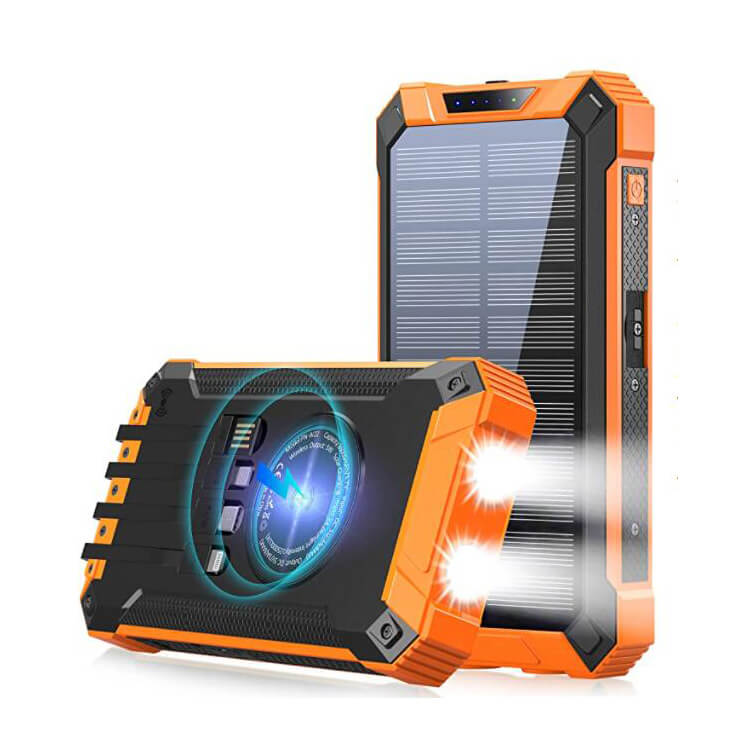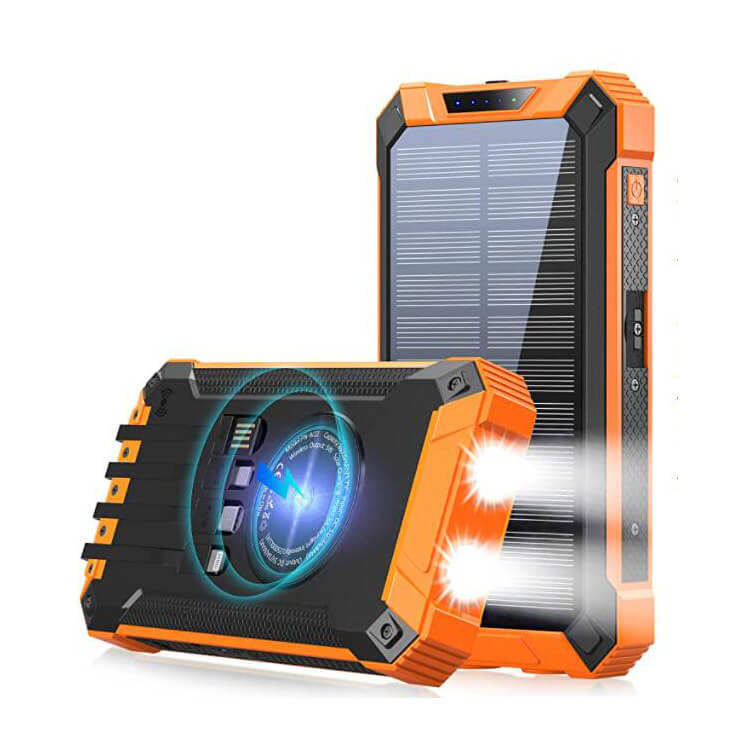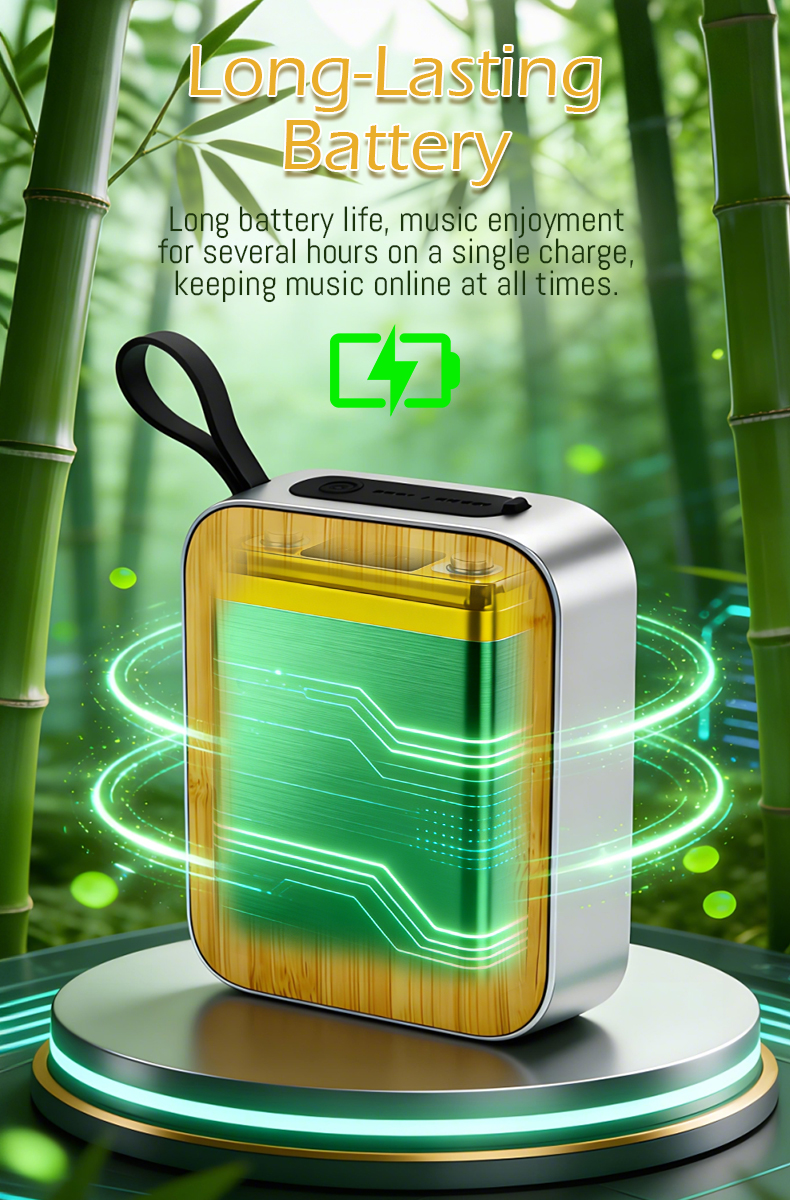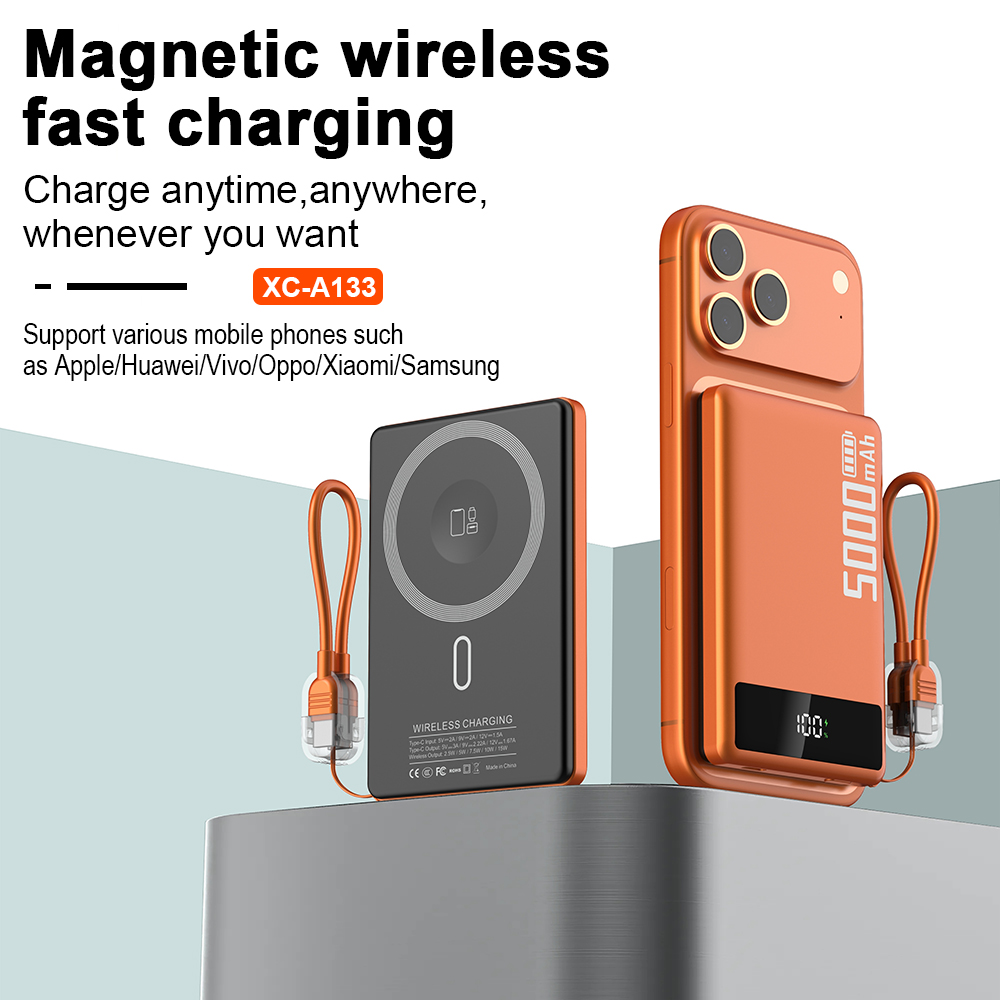Solar charger is not useful

The Limitations of Solar Chargers: A Closer Look

Solar chargers have gained popularity in recent years as a sustainable and environmentally friendly solution to charge our devices. However, upon closer inspection, it becomes evident that solar chargers are not as useful as they appear to be. While they may have their advantages, their limitations significantly hinder their overall utility.
1. Limited Charging Capacity
One of the main drawbacks of solar chargers is their limited charging capacity. These chargers rely on sunlight to generate energy, which is highly dependent on weather conditions and the time of day. This means that they are not reliable sources of power, especially in areas with unpredictable weather patterns or during the winter season when sunlight is scarce.
The limited charging capacity becomes even more noticeable when charging larger electronic devices such as laptops or tablets. These devices require a significant amount of energy, which solar chargers often struggle to provide. As a result, users may find themselves waiting for an extended period or having to resort to an alternative power source.
2. Lengthy Charging Time
Another drawback of solar chargers is their lengthy charging time. Unlike traditional chargers that can quickly replenish a device's battery, solar chargers require an extended period to absorb enough sunlight to generate sufficient power. This becomes impractical when needing to charge a device within a short timeframe.
Additionally, the charging time is further prolonged when the sunlight is not at its optimal level. Cloudy days or shaded areas significantly reduce the energy absorption efficiency of solar panels, leading to even longer charging periods. This limitation can be frustrating, particularly for individuals who rely on their devices for work or emergencies.
3. Inefficiency in Indoor Settings
Solar chargers are designed to harness the sun's energy, which makes them highly inefficient in indoor settings. Since solar panels require direct sunlight to generate power, using these chargers indoors or in shaded areas renders them almost useless. This limits their practicality as a charging solution for everyday use, as many people spend a significant amount of their time indoors.
Moreover, relying on solar chargers means that users need to be outdoors to charge their devices, which can be inconvenient, especially in situations where a power outlet is readily available.
Conclusion
While solar chargers may seem like an appealing solution due to their green and sustainable nature, their limitations make them not as useful as one might think. The limited charging capacity, lengthy charging time, and inefficiency in indoor settings significantly hinder their overall utility. Until these limitations are addressed, it is crucial to consider alternative charging options that provide more reliability and convenience.




